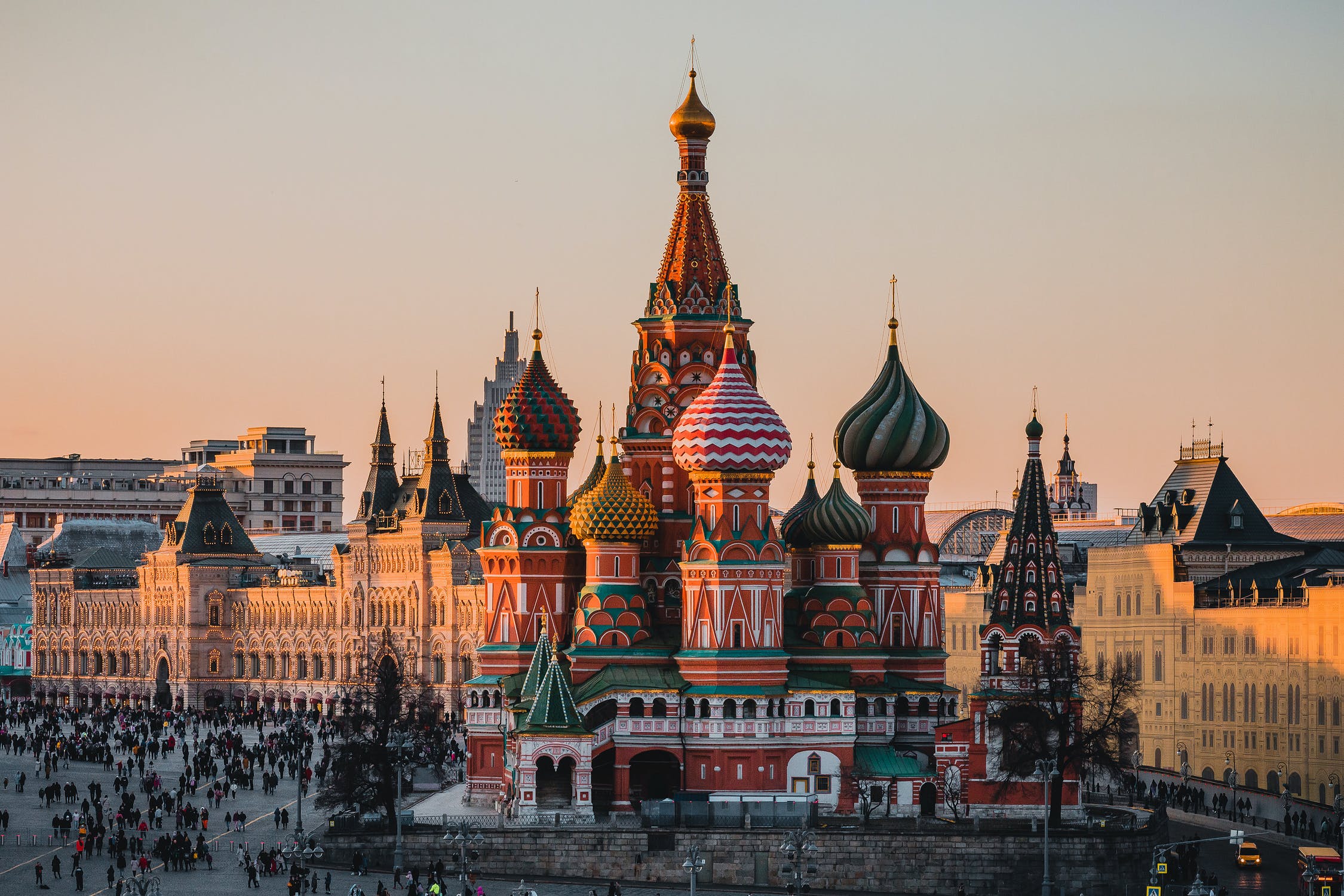Russia's decision to invade Ukraine on February 23 has destabilized the geopolitical balance. Some of the movements we have witnessed in recent weeks give good test of this. The European Union has asserted itself as a geopolitical actor and Russia has suffered international condemnation. This international reaction has also been felt in completely disruptive decisions, as traditionally neutral countries, such as Finland, Sweden or Switzerland, have openly shown their support to Ukraine.
The world order prevailing until February 23 came into being after the dissolution of the USSR. From then on, Russia seemed to accept the capitalist way of life and move closer to the West. In fact, the acceptance was so intense at first that political scientists went so far as to state that two countries with McDonalds would never fight. So Jeffrey Sonnenfeld recently recalled in the Financial Times, and part of what has happened in recent weeks with public opinion about Russia has a lot to do with that idea. Ideas, not just weapons, matter.
At a time like this, when Ukraine is setting an example of resistance against the powerful Russian army, many have greeted with a certain optimism the decisions taken by some countries to send arms. But the international response has not been limited to arms. The rejection of Russia has also come from the private sector. Many organizations have also taken measures against Russia: FIFA has suspended the country from all competitions, including the World Cup; UEFA has moved the final from St. Petersburg to Paris; the international judo and taekwondo federations have withdrawn honorary titles; and even Eurovision has banned Russian singers from participating.
This subject of measures may seem more banal when compared to the Stinger missiles that Germany has already sent to Ukraine, but their goal is quite different. Many of the Western countries that have taken a pro-Ukrainian stance in this war are not only seeking to slow down Russia militarily, but also to isolate it. Hence, companies such as BP, SHELL, IKEA or Apple have decided to leave Russia. All these measures seek to achieve what the US president stated on February 24, one day after the invasion: to turn Russia into an international pariah, and in this task, public opinion plays a major role.
The expulsion from the Eurovision Song Contest or the ban from the World Cup is intended to show ordinary Russians that the war with Ukraine is not a distant dispute that can be easily solved. The aim is to show citizens that it is a decision that can affect them personally and that, in a country where calling the Russian invasion a war is forbidden or where the official media denies that civilians are dying in Ukraine, means taking measures that affect everyday life. If Russia is isolated internationally but this message does not reach its citizens, Vladimir Putin can easily play the Russian victimhood card. The dissuasion by revelation carried out by the United States (showing that troops had been stationed near Ukraine for weeks) and the rejection of Russia by private organizations may convince more Russian citizens that Putin has long ceased to be a democrat.
Hiram Johnson, U.S. Senator, stated in 1917 that "in war, the first casualty is the truth". Sanctions and corporate moves seek precisely to ensure that the truth transcends the battlefield and reaches citizens.

